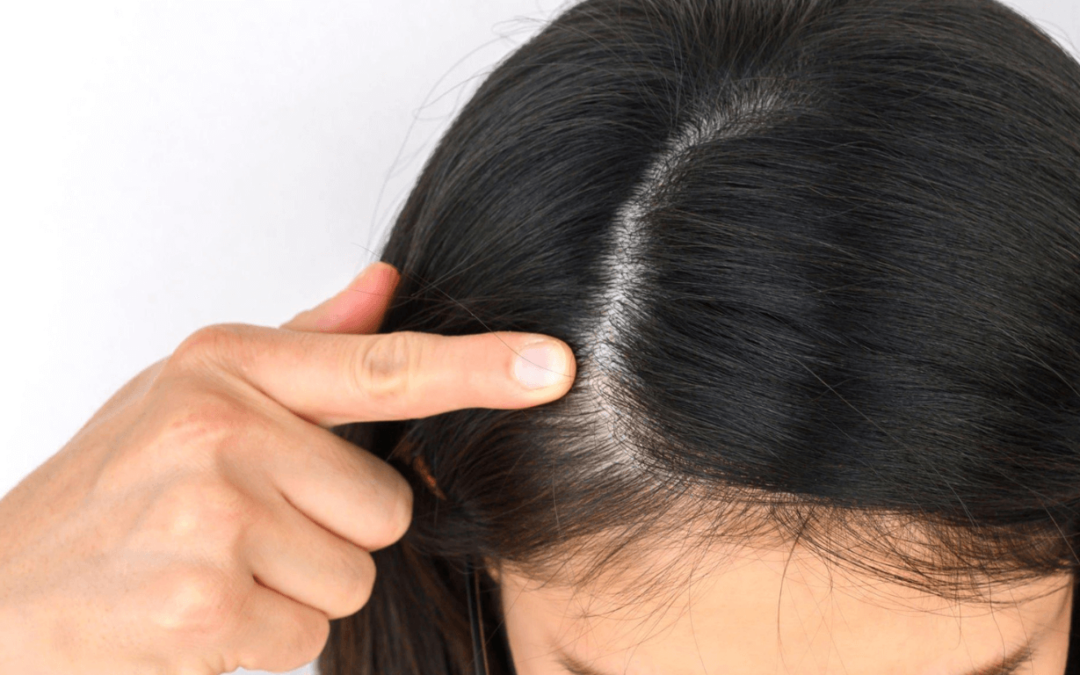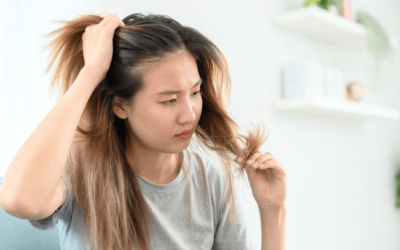Lanreotide, a medication primarily used in the management of various medical conditions, has recently garnered attention due to its potential side effect of hair loss.
In this comprehensive guide, we’ll delve into the intricacies of Lanreotide-induced hair loss, exploring its causes, management strategies, and the real-life experiences of individuals who have faced this challenge.
Understanding Lanreotide
Before we delve into the impact of Lanreotide on hair loss, let’s take a closer look at this medication and its primary uses:
Lanreotide is a somatostatin analogue, a synthetic hormone that mimics the action of naturally occurring somatostatin.
It is primarily prescribed for individuals with conditions such as acromegaly, neuroendocrine tumors, and certain gastrointestinal disorders.
The Link Between Lanreotide and Hair Loss
Hair loss is a known side effect of Lanreotide, albeit not experienced by everyone who takes the medication. Understanding the potential causes of this side effect is crucial:
Hormonal Disruption: Lanreotide affects the endocrine system by reducing the production of various hormones. This hormonal disruption can lead to hair thinning or hair loss in some individuals.
Nutritional Deficiencies: The gastrointestinal effects of Lanreotide can hinder nutrient absorption, potentially leading to deficiencies that may contribute to hair loss.
Individual Sensitivity: Some individuals are more sensitive to medication side effects, including hair loss, due to genetic or physiological factors.
Managing Lanreotide-Induced Hair Loss
If you’re experiencing hair loss while on Lanreotide, there are several strategies and lifestyle adjustments that can help you manage the condition effectively:
Consult Your Healthcare Provider: Reach out to your healthcare provider as soon as you notice hair loss. They can assess the severity and recommend appropriate measures.
Nutritional Support: If nutrient deficiencies are a concern, your healthcare provider may prescribe supplements to address the nutritional aspects of hair loss.
Medication Adjustment: In some cases, adjusting your Lanreotide dosage or considering alternative medications with fewer hair loss side effects may be an option.
Hair Care Practices: Use gentle hair care products and avoid excessive heat styling or harsh treatments that can further damage fragile hair.
Support Groups: Joining support groups or online communities can provide emotional support and practical tips from individuals who have faced similar challenges.
Wigs and Hairpieces: Some individuals opt for wigs or hairpieces to regain confidence while their hair recovers. Discuss these options with your healthcare provider or a hair loss specialist.
Conclusion
Experiencing hair loss due to Lanreotide can be emotionally challenging, but it’s essential to remember that it’s a known side effect and that there are strategies to manage it effectively.
If you’re navigating Lanreotide-induced hair loss, seek support from your healthcare provider and consider connecting with others who have experienced similar challenges.
With the right approach and guidance, you can regain confidence and continue to manage your underlying medical condition effectively.
In the world of healthcare, addressing side effects like hair loss is a testament to resilience and determination. Your journey with Lanreotide may include some unexpected twists, but it’s a journey you can navigate with grace and confidence.
















